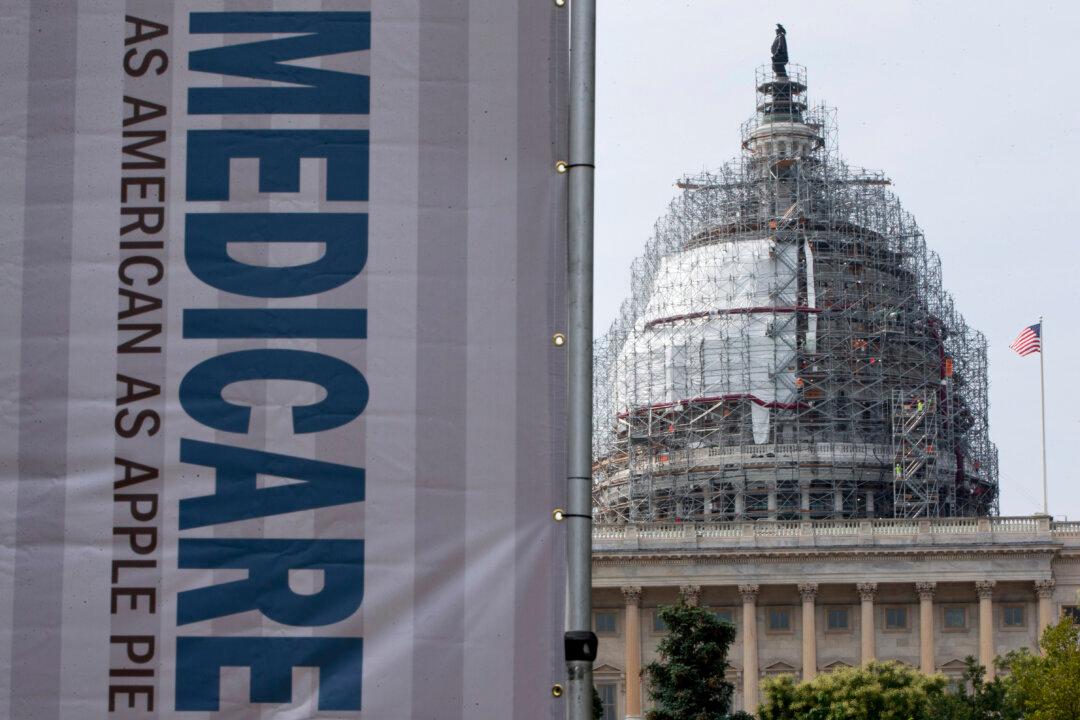It might sound like a good way to win votes in the next presidential election, but a new poll highlights that “Medicare-for-all” is far from the preferred health care policy to win the White House in 2020.
Most voters in a Wall Street Journal/NBC News poll indicated they support a health care plan that would broaden a public option but maintain the private insurance industry.





